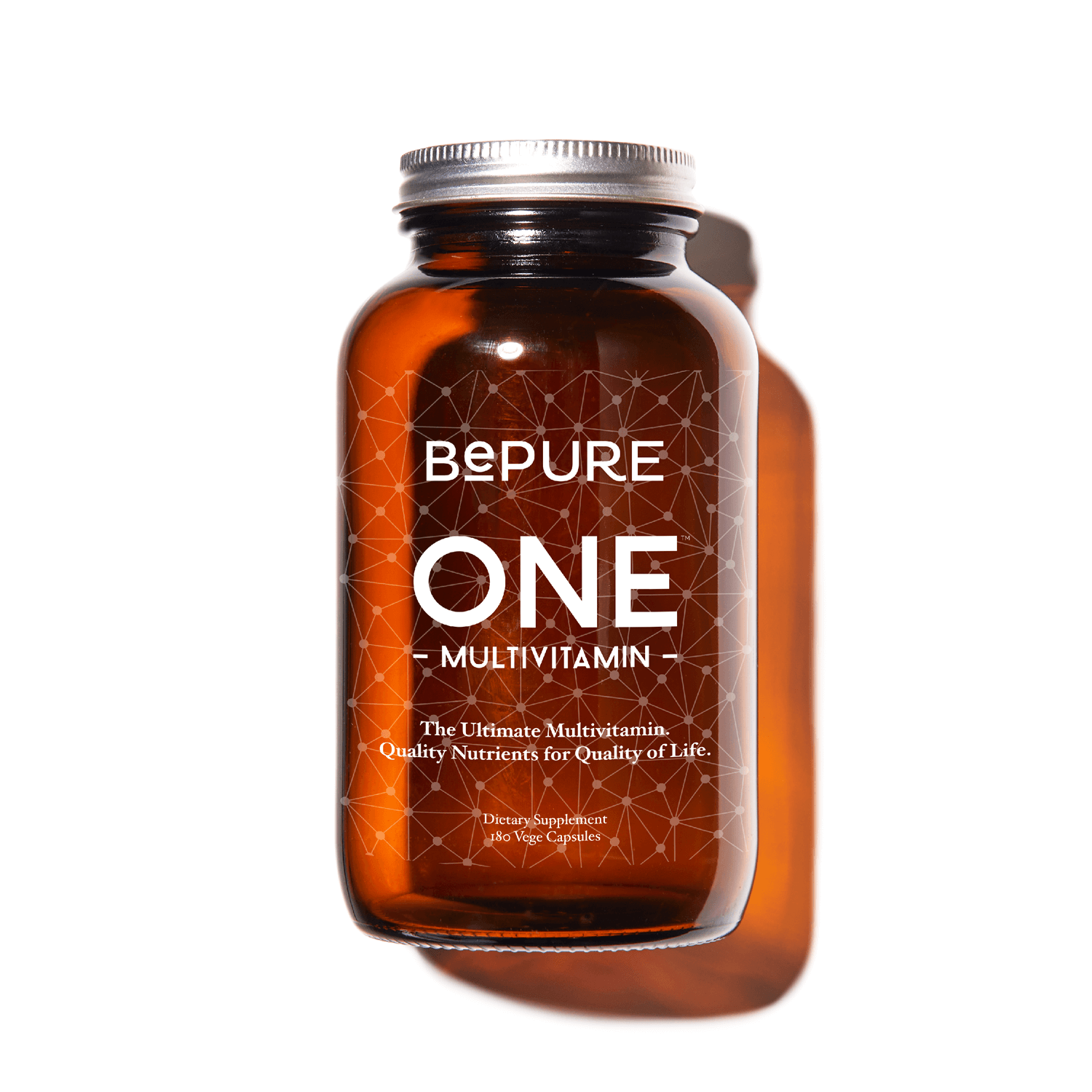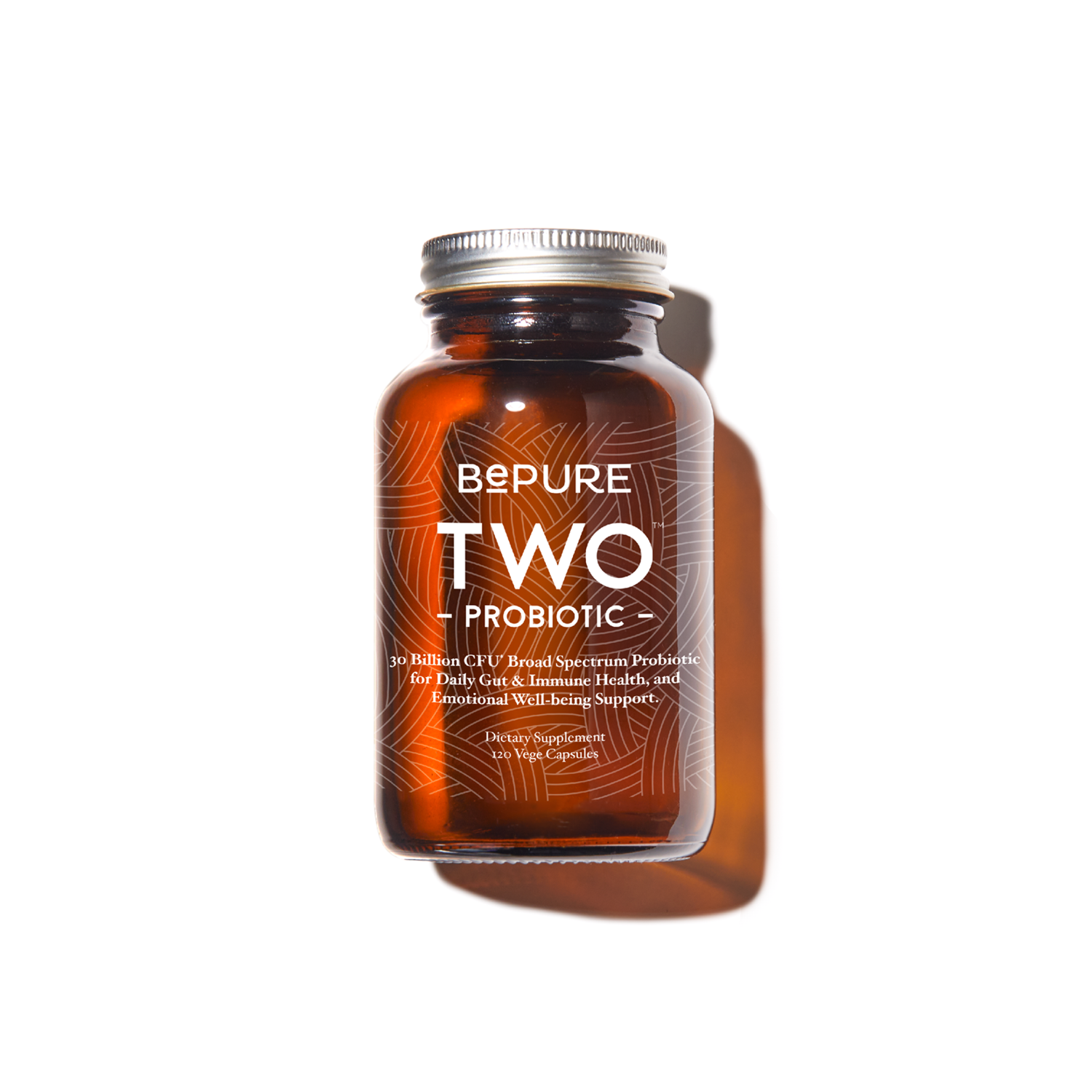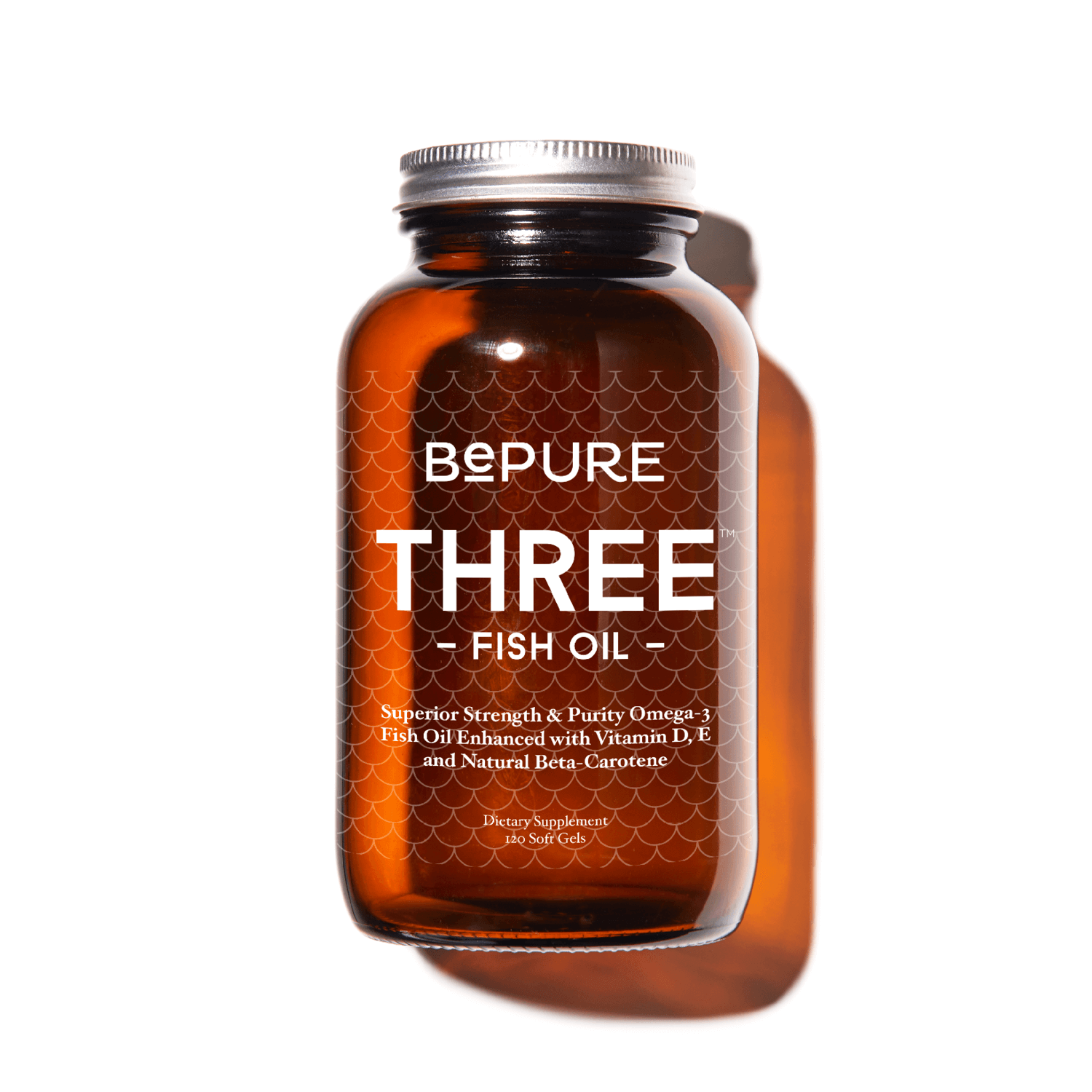But did you know there’s actually a reason for these winter blues? Seasonal Affective Disorder is a type of depression, or depression-like symptoms affected by the change in seasons. Symptoms such as low mood, energy, increased fatigue and motivation and brain fog begin around the same time each year in the lead up to winter.
Seasonal Affective Disorder differs from depression as symptoms only persist when there is less light. People who suffer from SAD experience normal mental health during other seasons. In extreme cases symptoms can include nausea, inability to get out of bed each morning, migraines and withdrawal from friends and family.
Figures in New Zealand for SAD are hard to come by, but in the US it is expected over 6% of the population experience some degree of SAD. In Arctic regions, where differences in sunlight between summer and winter are more marked - this figure jumps to nearly 15%.
What causes SAD?
There are several theories about the cause of SAD. The first theory is about insufficient Vitamin D levels suggesting that it appears to be a relation between serum levels of 25(OH)D and symptoms of depression. Supplementation with high doses of vitamin D seems to support the improvement of these symptoms indicating a possible causal relationship.
In summer, it is easier to get your Vitamin D straight from the source - the sun. It is virtually impossible to naturally boost your vitamin D stores in winter. Vitamin D is at it’s strongest at midday when the sun is bright. Given we need to build enough Vitamin D in summer to get us through winter it is concerning how modern living has changed the total amount of vitamin D we generally absorb.
Often we spend far too much time indoors and when we do go outside in the sun, sunscreen prevents us from getting all the sun’s goodness. To get your daily dose of vitamin D, it takes about half the time taken to get sunburnt. In summer I recommend getting 15-20 minutes of direct sunlight on your face and chest before taking preventative measures to avoid sunburn, such as long sleeves, shade, hats and sunscreen.
Another theory around SAD is also related to sunlight. It is thought insufficient levels of serotonin - your happy hormone - are a factor in SAD. Keeping a natural rhythm with daylight hours will help boost your serotonin levels as well as getting some gentle exercise within daylight hours. Now is not the time to get up at 5am for that vigorous spin class.
You can also boost your serotonin levels through your food choices. Maintaining stable blood sugar levels will help prevent cravings for sugar and simple carbs - both of which will wreak havoc on your serotonin levels. You can also boost your serotonin by eating eggs, nuts, raw milk if tolerated, leafy green veggies and oily fish.
Lastly a compromised gut will affect your ability to use serotonin and vitamin D within your body. It is estimated that up to 70% of your serotonin levels are found within your gut. If you have leaky gut, your body will lose much of the serotonin it produces. Treating any gut dysbiosis will be critical for supporting mental health.
How to treat SAD
- If you have suffered from SAD in the past, being conscious during summer is critical to build your Vitamin D stores. For immediate relief, light therapy or adding nutritional support with vitamin D can help immensely. BePure ONE contains Vitamin D3, along with other nutrients needed to help your body absorb vitamin D effectively. Combined with BePure THREE - our fish oil product - you can improve your vitamin D and serotonin levels.
- Eat lots of plant foods. Plants are grown in direct sunlight. They absorb the nutrients - including vitamin D from the sun. Quality is important here. If you have SAD it is important to prioritise seasonal, spray free, organic produce where possible. If you eat animal products increasing your intake of organ meats can help boost vitamin D as well. Grass fed animals graze outside all day every day. There organs have amazing levels of nutrients.
- Lastly, ensure you are managing stress and sleep well. The more stressed, tired and burnt out we are, the greater level of nutrients we use and therefore need. Stress management techniques such as meditation, gentle exercise, sufficient down time, regular sleeping patterns and not sweating the things you can’t change are crucial - especially in winter.
If you suspect you have SAD, or are currently struggling with depression-like symptoms please seek assistance. You can contact your GP or health care provider, www.depression.org.nz or the depression helpline at 0800 111 757.



